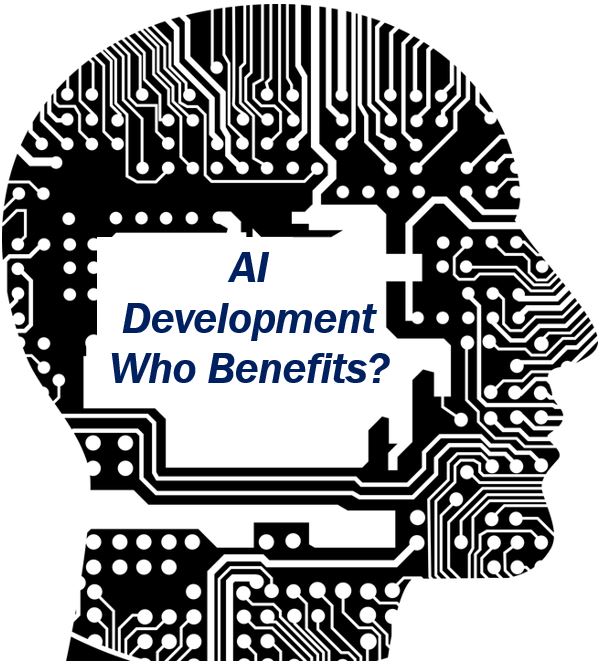
Artificial Intelligence (AI) boasts a wide array of business applications, ranging from predicting call center volume to aid staffing decisions and forecasting product demand, to detecting fraudulent credit card activity and powering chatbots. Additionally, it can assist in diagnosing patients, translating languages, and generating image captions.
A McKinsey report states that 47% of organizations have already integrated AI into at least one business function, employing technologies such as Machine Learning (ML), Deep Learning, Natural Language Processing (NLP), and Predictive Analysis. Companies that delay in adopting AI risk falling behind their competitors.
Industries across the board, including e-commerce, telecommunications, healthcare, human resources, agriculture, security, law, education, transportation, finance, and SaaS, stand to gain from AI development, primarily due to its profound impact on data-related tasks like processing, analysis, pattern recognition, and prediction.
Top AI Use Cases Across Industries
- Enhanced Search Capabilities: NLP can refine online retail searches, offering voice search capabilities and delivering highly relevant results.
- Personalized Recommendations: Tailoring product or content suggestions to individual preferences can significantly influence purchase decisions, a technique applicable to retail, media, SaaS products, and telecommunications.
- Improved Customer Service: Chatbots can handle routine inquiries swiftly, and when faced with complex issues, can direct customers to the appropriate specialist.
- Administrative Workflow Automation: Technologies like voice-to-text transcription, combined with NLP, can streamline report generation, legal research, CV processing, and other administrative tasks across various sectors.
- Defect Detection: AI has proven adept at diagnosing certain types of cancer through image analysis, outperforming human doctors. Similar techniques can be applied to detect machinery defects, cyber threats, and plant diseases.
- Churn Prediction: By analyzing customer behavior, AI can identify those at risk of churn, enabling timely intervention with tailored product recommendations or better offers.
- Reducing Employee Turnover: Predictive models can identify employees who may be considering leaving, allowing employers to proactively address their concerns with personalized benefits or training opportunities.
Data: The Heart of AI
AI’s potential is industry-agnostic, but its adoption should be driven by specific business needs and goals, not just a desire to jump on the AI bandwagon. Proper implementation requires a strong data foundation, ensuring that AI solutions are both relevant and effective.

